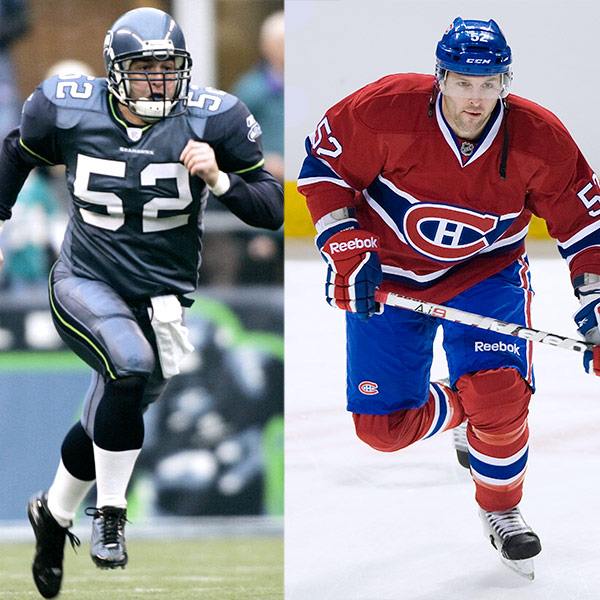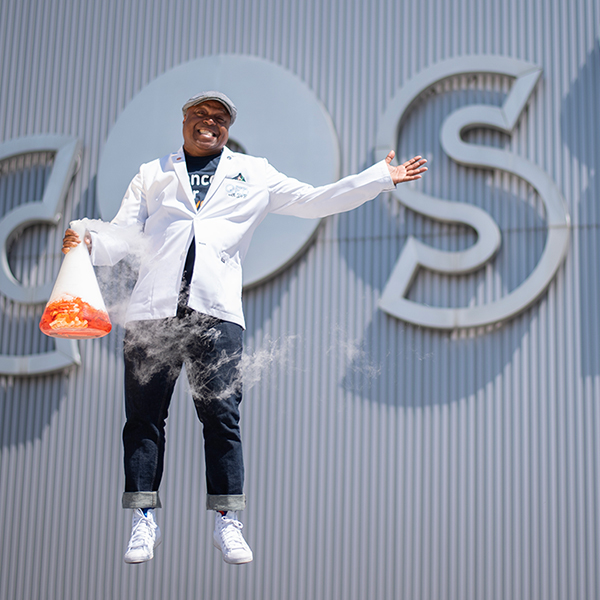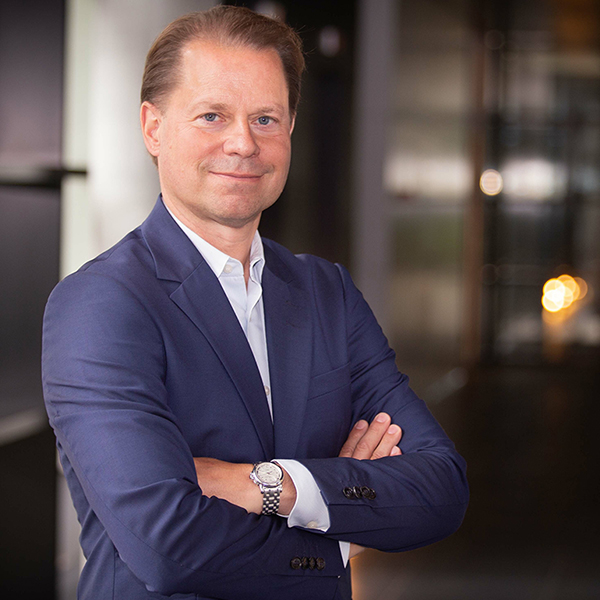Karen O’Neill, MA’84, likens the logistics of preparing for the Paralympic Winter Games in Beijing to organizing a family vacation – if your family had about 120 people.
Getting ready for the Games is a formidable challenge in any Paralympic year, but the pandemic adds a whole other set of considerations.
“Two or three Games ago, 95 per cent of our conversations were more about confirming travel, uniforms, details,” says O’Neill, chief executive officer of the Canadian Paralympic Committee (CPC).
“The level of attention and investment is dramatically different [now],” adds O’Neill, who notes the CPC has a long list of COVID-related safety countermeasures. They include pre-Games testing, a charter flight to Beijing, and additional support to help clean the surface environments of their spaces there.
The Beijing Paralympics run from March 4-13.
Canadian Paralympians have a history of reaching the podium, says O’Neill. Twenty-five members of the Canadian team for Beijing are medal winners from previous Paralympics. O’Neill is paying attention to more than just medal counts, though. “Right now, in this current environment and with COVID, we’ve had many different measures for success [including] getting to Beijing healthy, being able to participate and certainly personal bests and hoping that will translate to some of our historical finishes.”
O’Neill has spent most of her career in amateur sport in senior leadership positions. Her previous roles have included CEO of Commonwealth Games Canada from 1997 to 2004, chef de mission for the Canadian Paralympic team in 1996 in Atlanta, and director-general of the Canadian Wheelchair Sports Association. In 2018, O’Neill was named Canada’s Sports Executive of the Year by Sports Media Canada.
Her involvement in sport stems back to her youth on Montreal’s West Island where she worked at pools and competed in swimming, synchronized swimming and water polo. She also began working and volunteering in adaptive aquatics. O’Neill, who says she was tall and uncoordinated as a youngster, knows firsthand the sense of belonging that can come from sport.
“I had a real personal affinity to finding a sport, finding a physical activity that you felt part of. And so, for me, the whole West Island aquatic scene… it just felt like home.”
O’Neill initially considered becoming a psychologist, but when she completed her undergraduate degree at Concordia University thought “’Gosh, where does my heart lie?’ And the biggest area of joy and impact was when I was in the aquatic environment with the community. And at that time, access and inclusion was just really big for me and continues today as probably one of my most fundamental values.”
For her master’s at McGill, O’Neill focused on adapted physical education. Her thesis advisor was Emeritus Professor Greg Reid, BEd’70, who has made a significant impact worldwide in the field of adapted and inclusive physical activity and education. O’Neill knew him and Ted Wall, BEd’64, MA’68, a former dean of McGill’s Faculty of Education, from their volunteer work in adapted aquatics. “If I had to hold up a hand for top influencers in my life, those two would be right up there,” she says.
The Beijing Paralympics will feature 78 events across five sports: Para alpine skiing, Para ice hockey, Para nordic skiing (biathlon and cross-country), Para snowboard, and wheelchair curling.
At the helm of the CPC since 2013, O’Neill says “when I think of where we were at relative to awareness, education, funding, number of people participating at all levels, it’s like night and day, in terms of how more formal the systems are, how more committed the pathways are.” Most importantly is the cultural change that has occurred around diversity and inclusion.
“I can assure you that the awareness or receptiveness, even eight to 10 years ago – people were very polite. But if you were in my position or colleagues in my position, you were definitely an advocate with not a lot of company at the time to help promote and to [support] individuals with a disability to participate as equitably in a quality sport and physical activity program.
“I don’t think anybody woke up in the morning [and] intentionally said, ‘not a great idea.’ But it just never ranked as a priority for someone to shapeshift their thinking,” says O’Neill, who also worked as chief operating officer at the Rick Hansen Foundation.
Acquiring the Canadian broadcast rights to the Winter Paralympics in Sochi in 2014 was a game changer for the CPC, according to O’Neill. Before the Games, their executive director of communications and some volunteers said, “If we can’t get primetime, let’s think of some creative options,” O’Neill recalls.
The CPC bought the broadcast rights to the Paralympics and has held on to them. “We’ve created a media consortium and work in partnership with CBC/Radio-Canada as well as AMI (Accessible Media Inc.), Sportsnet, Facebook, Twitter, and MXZN to help shape and create and promote the narrative around these incredible athletes both on their journey and also their success at the Summer and Winter Paralympics.”
The recognition and awareness of Canada’s Paralympic athletes, “is 180 degrees from where it was,” she says.
Canadians can follow the Paralympics on CBC, CBC Gem and through live streaming on the Canadian Paralympic Committee’s website.
“I just really hope the country can take a moment to turn on and pay attention to some of the world’s best athletes that happen to wear the maple leaf and represent Canada proudly,” O’Neill says.


